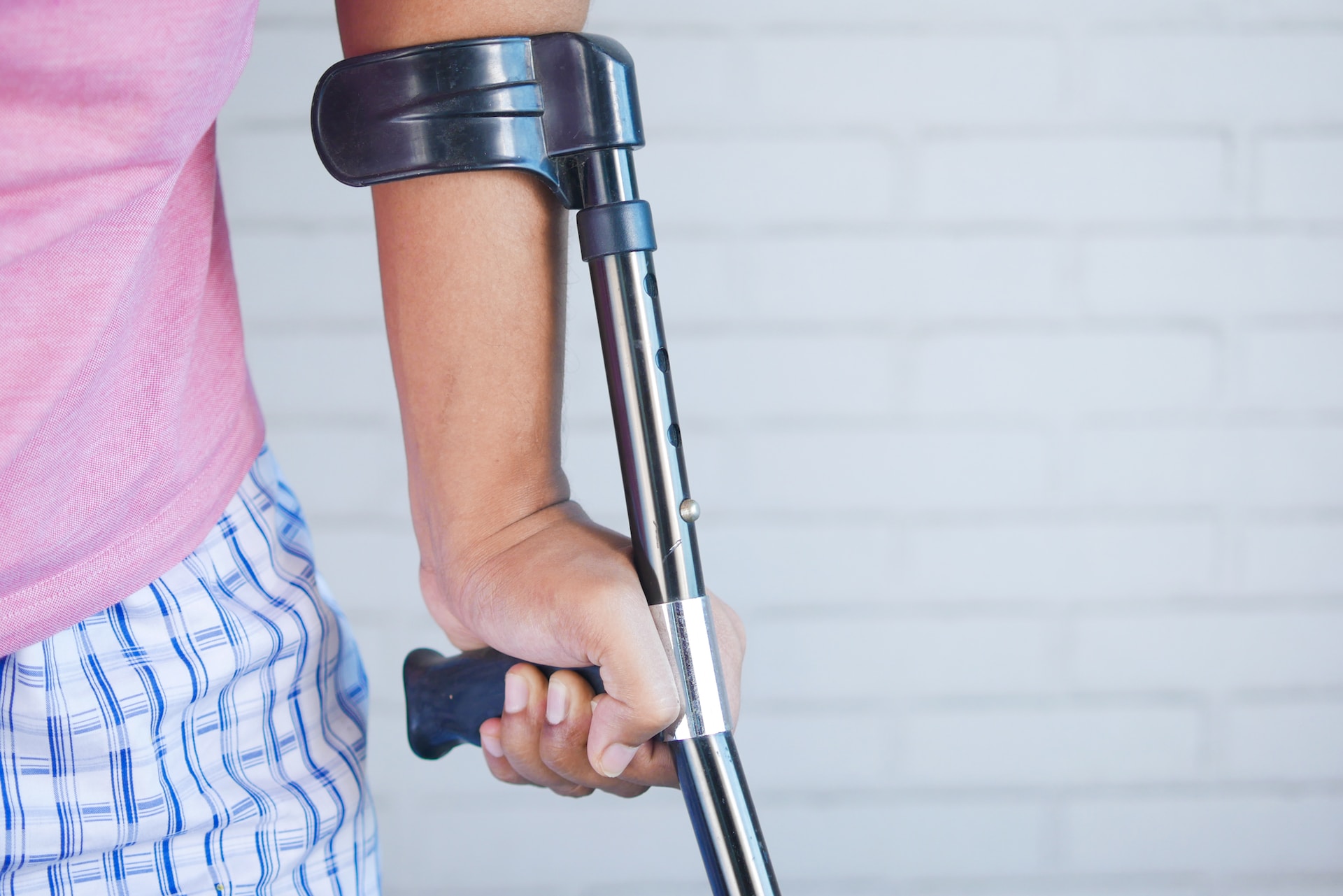Must-Follow Steps: What to Do If You Have a Personal Injury
Because of the grief and stress that you are feeling as a consequence of being injured, you may sometimes respond in a way that is not in your best interests.
If you do not make the right decisions and take the right steps, you may dramatically limit your chances of collecting adequate compensation for your injuries.
What should you do after sustaining a personal injury? These are the most significant considerations.
Seek Medical Help
First and foremost, if you are injured, you should seek high-quality medical assistance. If you are unable to care for yourself, you should call emergency services right away. Accident victims are often in shock, and they may assume that they are OK while they are suffering from severe injuries. Never jeopardize your health or safety; seek medical assistance immediately after an injury. Even if you are feeling OK at the moment, remember that you have been in an accident of some type and that only a professional medical practitioner can check on you and decide whether you need medical assistance. Furthermore, in addition to preserving your safety, it is essential to maintain a record of your injuries with medical professionals.
File a Police Report
It is necessary to file a police report to ensure that an official entity has records of crucial information related to the accident. This might include information such as the names and contact information of the other people involved in the accident.
It is also likely that a police report will serve as a record of the important information surrounding the accident. If a lawsuit is brought, a police report may also be used in court. Police reports may also be used to identify who was at fault, and they may be useful to an insurance company when evaluated.
Keep Accurate Records of All Costs Related to the Injury
As a consequence of a personal injury accident, there is a good chance that a variety of charges and expenditures will be made. Records such as hospital bills, medical diagnostic declarations, property damage expenditures, and insurance records should be preserved.
If an individual’s injuries caused them to miss work, they may be compelled to retain records of any income that they lost.
Photograph Everything
Photographs may be highly powerful evidence in a case involving personal injury. They provide a visual record of the incident and may aid in establishing facts that words alone would not be able to represent. Shoot photos from various angles and views, taking care to catch all of the important details.
For example, following an automotive accident, it is critical to photograph the vehicle damage, the position of both vehicles, any visible injuries, and other details such as skid tracks and debris. If you slip and fall, take pictures of the area, the lack of a warning sign, and any potentially dangerous factors, such as moist flooring.
Don’t Talk to Insurance Company Representatives
Insurance companies aim to make a profit, not compensate victims. Do not communicate with representatives of insurance companies until you have seen a lawyer. You may make a mistake that affects your compensation for medical expenditures, lost income, and pain and suffering. Allow your personal injury attorney to deal with insurance companies.
Avoid Social Media
When you are in the aftermath of an accident, it is easy to make mistakes that seem simple and innocent at the time, but they may come back to haunt you later. One of the most common things that individuals do right now is comment on or discuss their accidents on social media. The attorney or insurance company representing the defendant will explore your social media profiles to see if they can use your statements against you.
You could use social media to remain in touch with loved ones and friends, and you want to let them know you’re OK. Alternatively, you can publish a generic statement since a larger number of individuals were inquiring about your accident. Even if you respond to a comment by saying you’re “fine” or “well,” or that the driver appeared out of nowhere and you “didn’t see them,” the other party may interpret this to mean that your injuries aren’t as severe as they are, or that you’re partially to blame for the accident because you weren’t paying attention to what was going on around you.
Contact an Attorney
You should contact a qualified and experienced personal injury attorney Your attorney will be able to advise you on whether you have a legitimate claim for personal injury after hearing the specifics of your accident and injuries, whether it was a moped accident, a car accident, or any other personal injury type. The greatest thing is that most personal injury attorneys will provide you with a free first consultation and will work on a “contingency” basis. This means they will only be paid if you are reimbursed, and their costs will be deducted from whatever you get, so you will never have to pay for their services out of your pocket.

